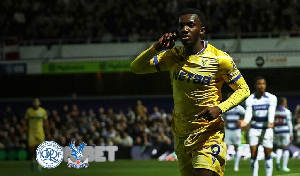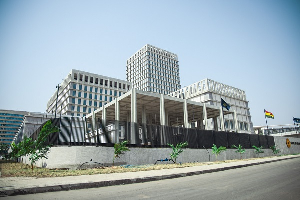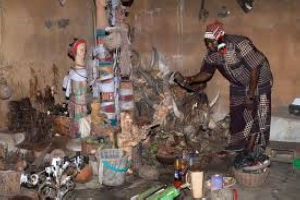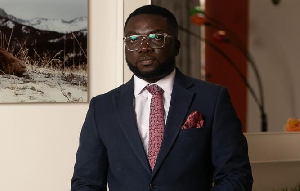Former President Hilla Limann was not a weak leader as he was perceived by his critics, just because he did not arrest coup leader Jerry John Rawlings and “eliminate” him, Prof Ivan Addae-Mensah, former Vice-Chancellor of the University of Ghana has said.
Limann led Ghana from September 24, 1979, to December 31, 1981. He came into office on the ticket of the People’s National Party (PNP) after winning democratic elections organised by the Rawlings-led Armed Forces Revolutionary Council (AFRC), which overthrew the Supreme Military Council (SMC) led by General Akuffo, on June 4, 1979.
The young Flight Lieutenant would, 27 months later, on December 31, 1981, overthrow the same President whose installment he oversaw. Some critics of the late President have argued ad nauseum that his failure to ‘tame’ Rawlings, after he (Limann) took office by courtesy of elections organised by the AFRC, betrayed his weakness as a leader.
“…Many people were saying that he was weak because he didn’t catch Jerry Rawlings and eliminate him, but as I have said, it takes moral strength to run a country democratically and make sure that no blood of any citizen of that country [is shed],” Prof Addae-Mensah said Thursday.
“For no reason, whatsoever, should the blood of any citizen of this country be shed for political reasons,” he told Bernard Avle on the Citi Breakfast Show during an interview about his recently launched book: A Biography of Hilla Limann: Scholar, Diplomat Statesman.
Dr Limann, in Prof Addae-Mensah’s view “was too much of a democrat to a fault…[it was a good thing, and it still is],” he added.
For him: “If what he [Limann] set out to do had continued and Ghanaians had been given the chance to change him if they wanted to or retain him if they wanted to, our democracy would have progressed much faster than it has to date, and probably we wouldn’t be where we are now.”
Prof Ivan Addae-Mensah also dispelled long-held views that Dr Limann won the 1979 election because of a split in the UP tradition (the current New Patriotic Party’s progenitor. A struggle within the Danquah-Busia-Dombo tradition in the lead up to the election led to Paa Willie Ofori-Atta breaking away to form the United National Convention (UNC), to run against the Popular Front Party (PFP), led by Victor Owusu, in the election.
“That is a complete fallacy,” Prof Addae-Mensah said, clarifying: “…The UNC was an amalgamation of people from various sections of the society. It was very strong in Accra and Volta Regions, and the areas where the UNC was very strong were previous CPP [The party founded by Ghana’s first President, Dr Kwame Nkrumah] strongholds, as well as previous UP strongholds. More seats were won by the UNC at the previous CPP strongholds than at the previous UP strongholds, so, after the first round, it wasn’t difficult at all for those people, who had shifted to the UNC, to go back to their original routes.”
General News of Friday, 6 November 2015
Source: classfmonline.com













